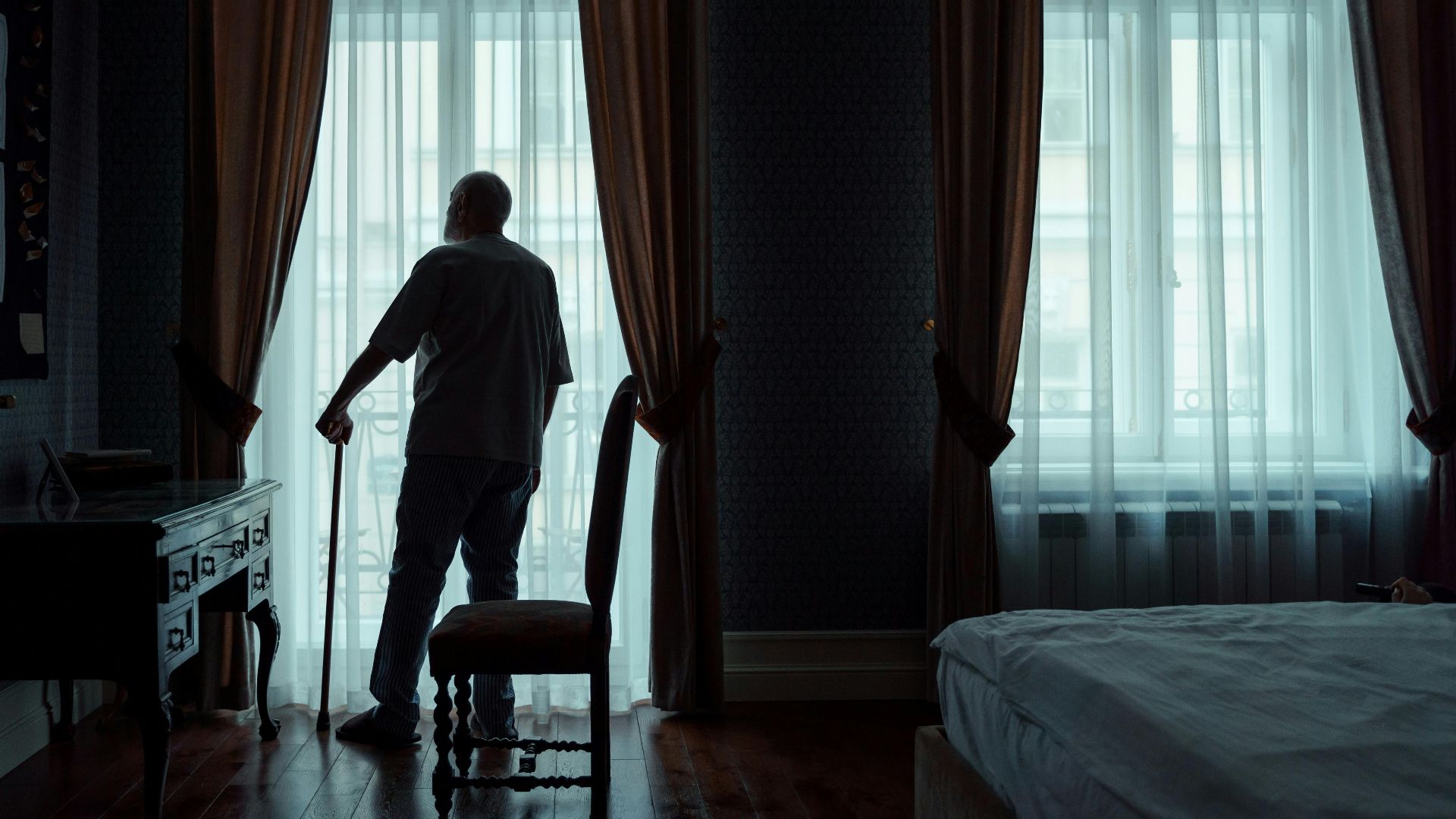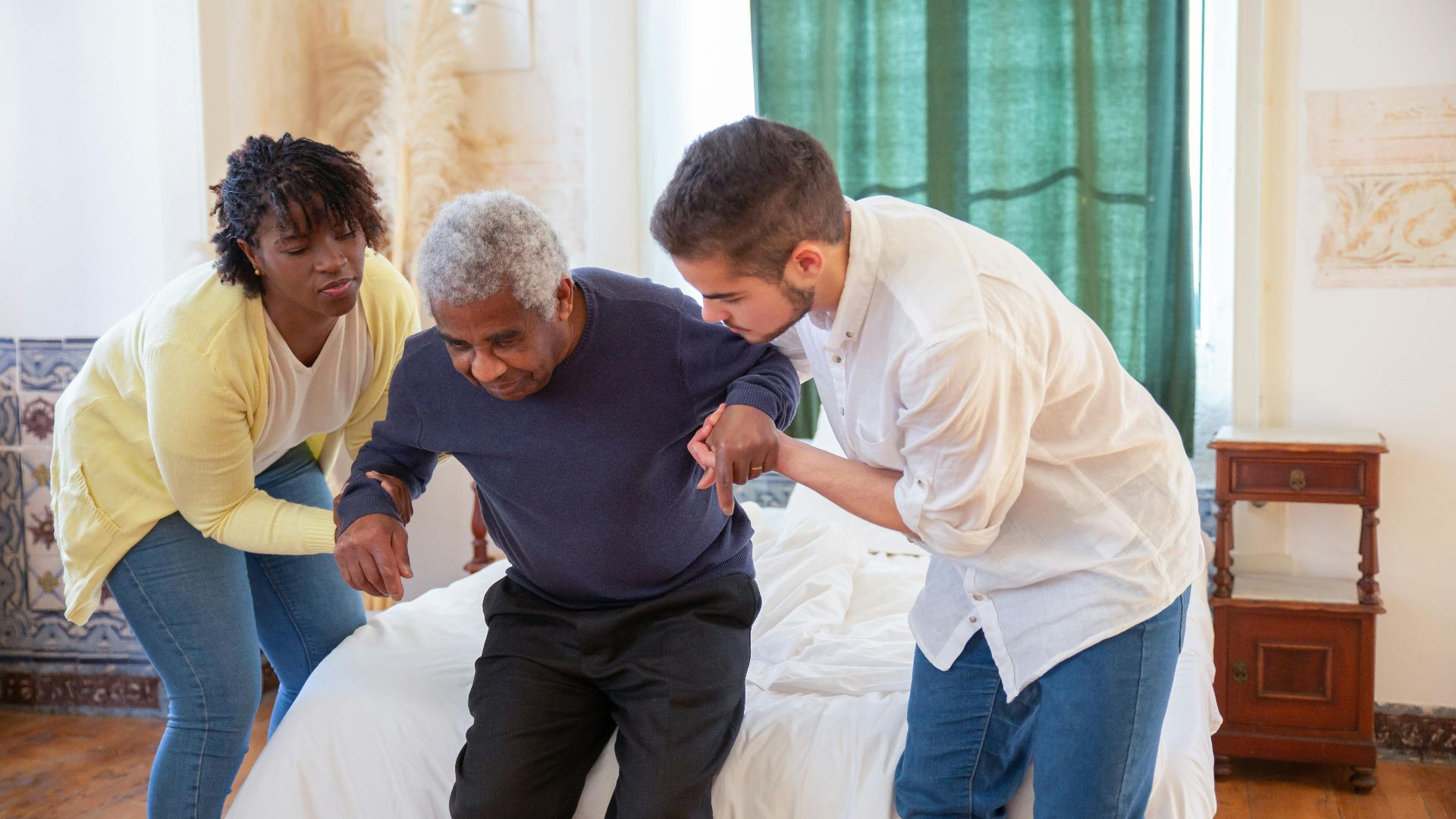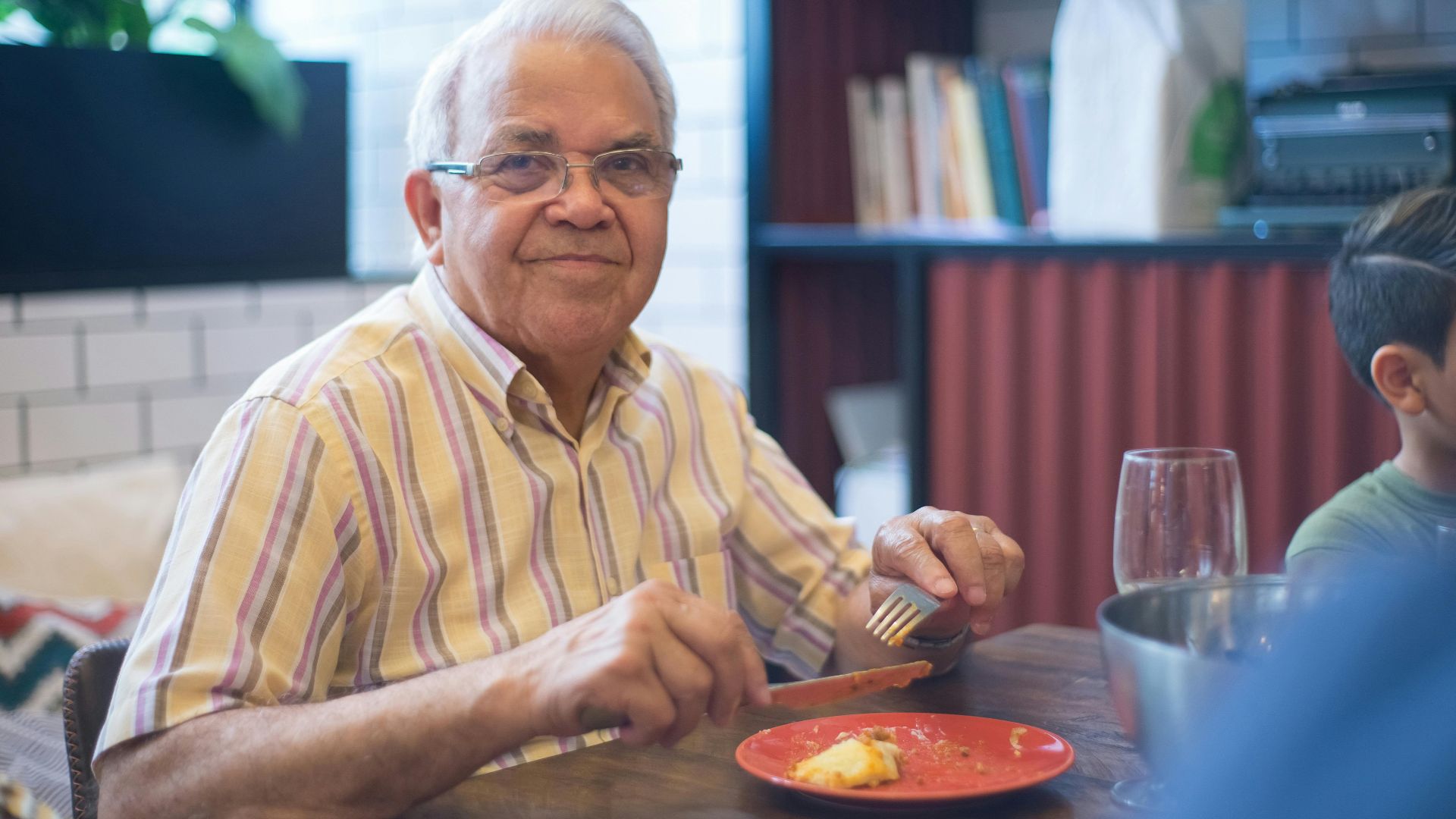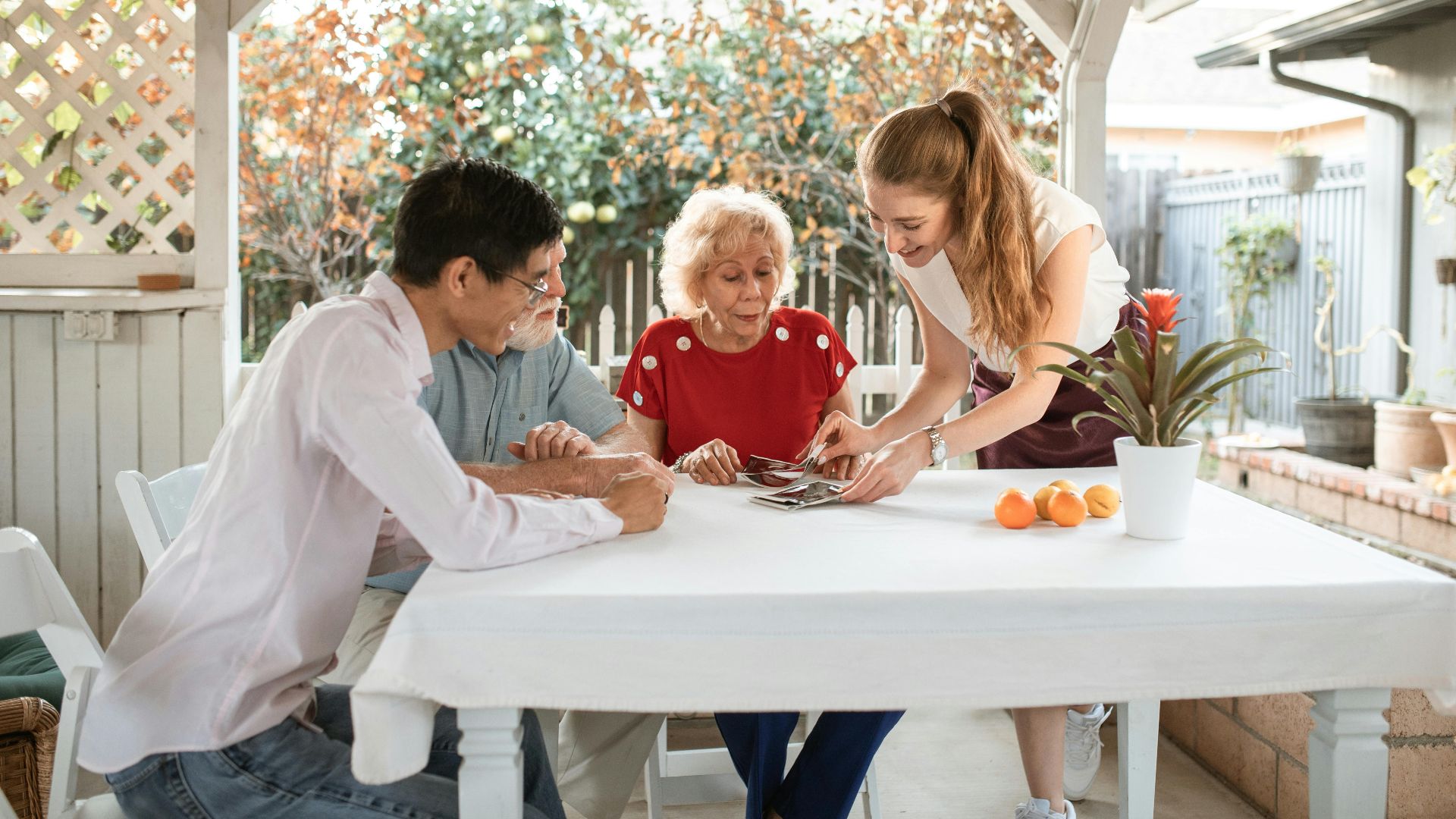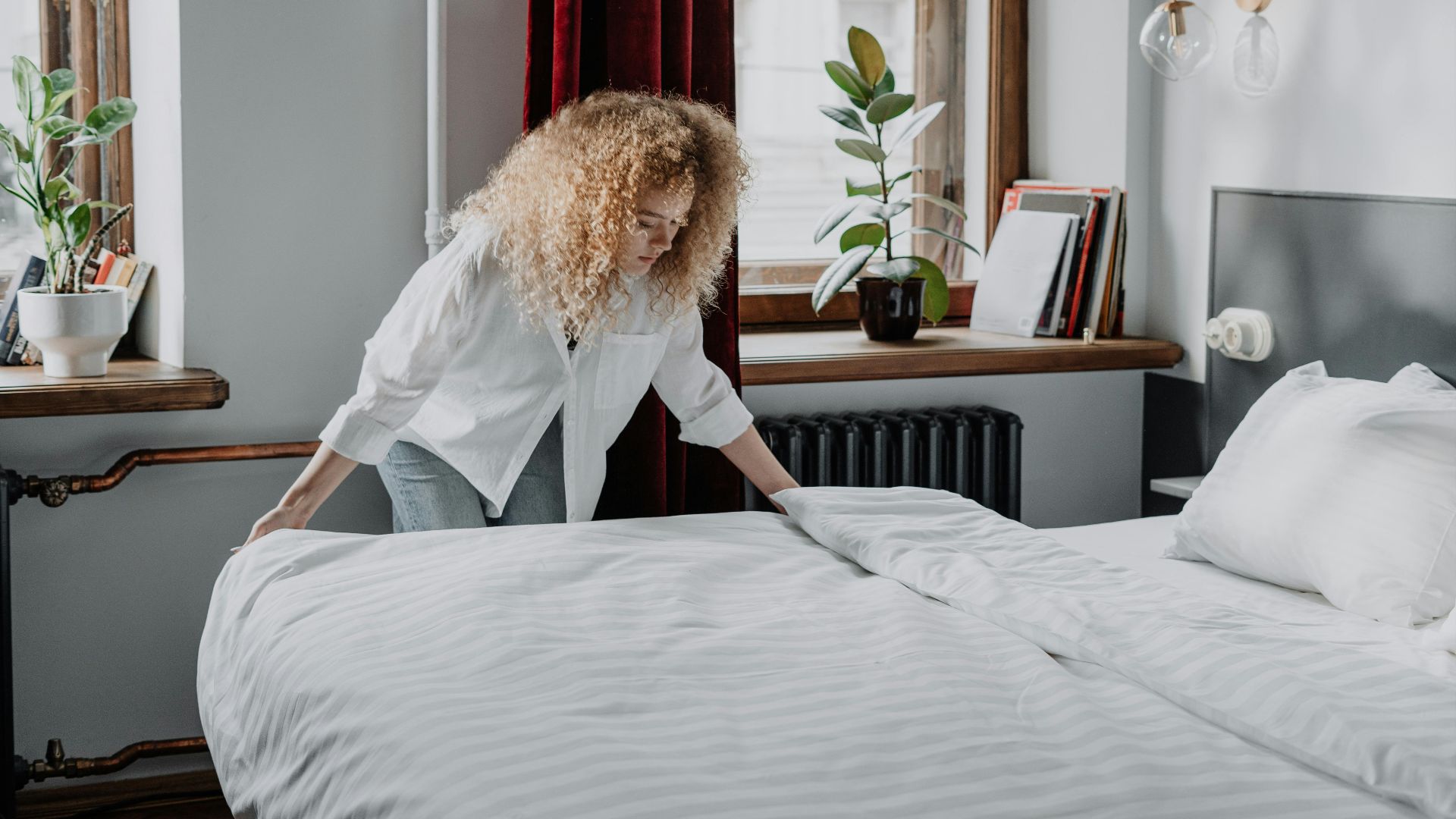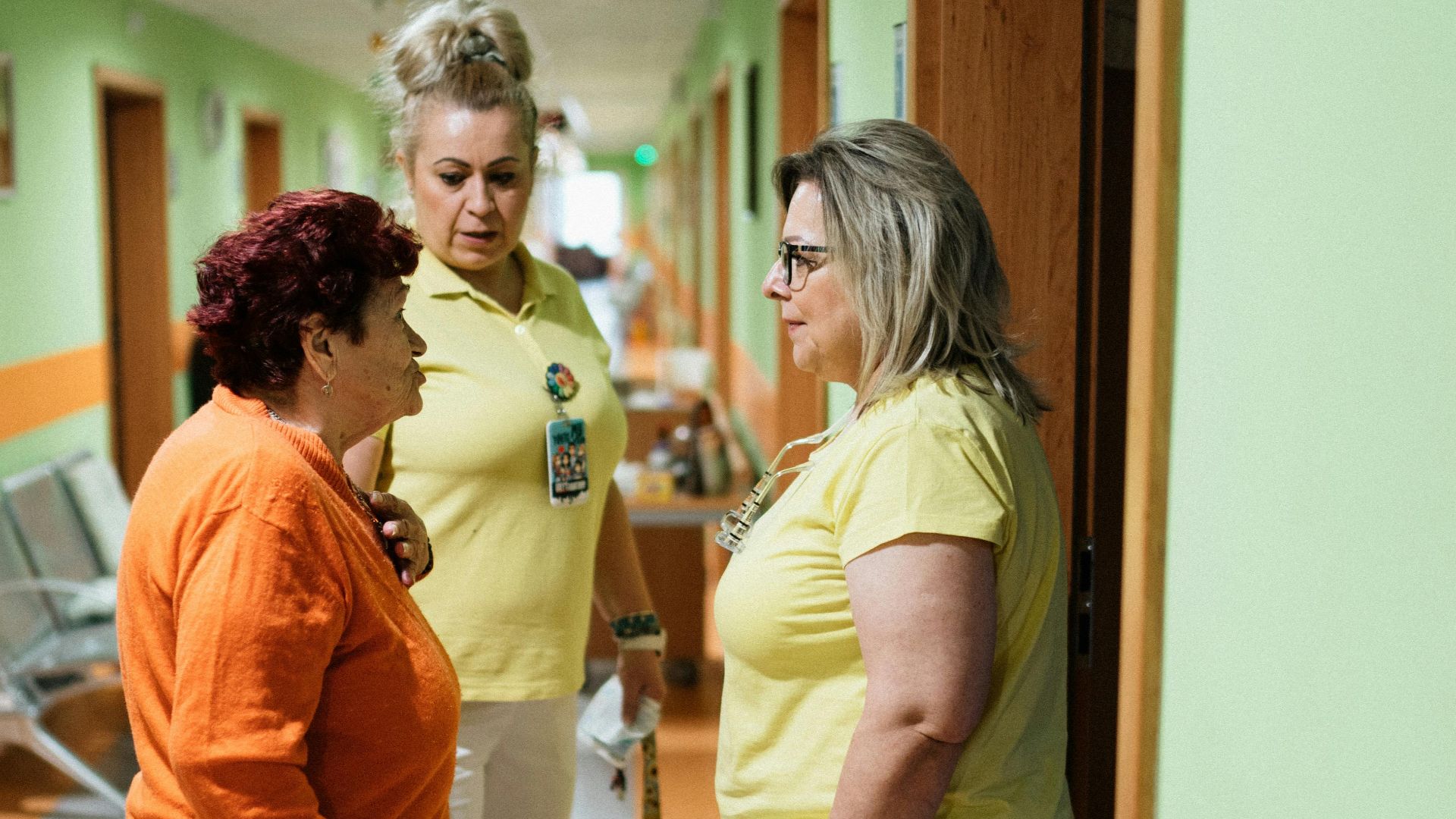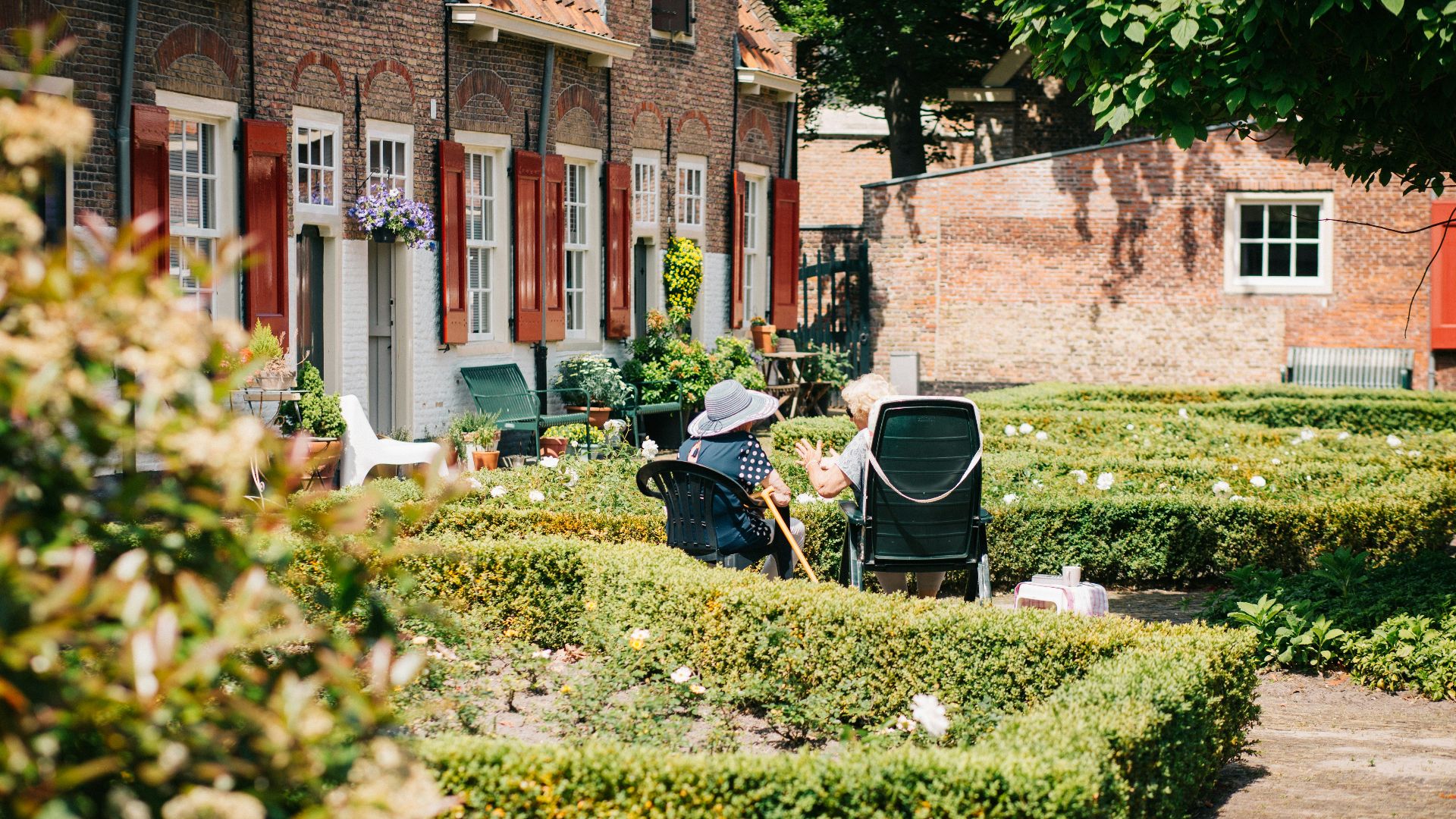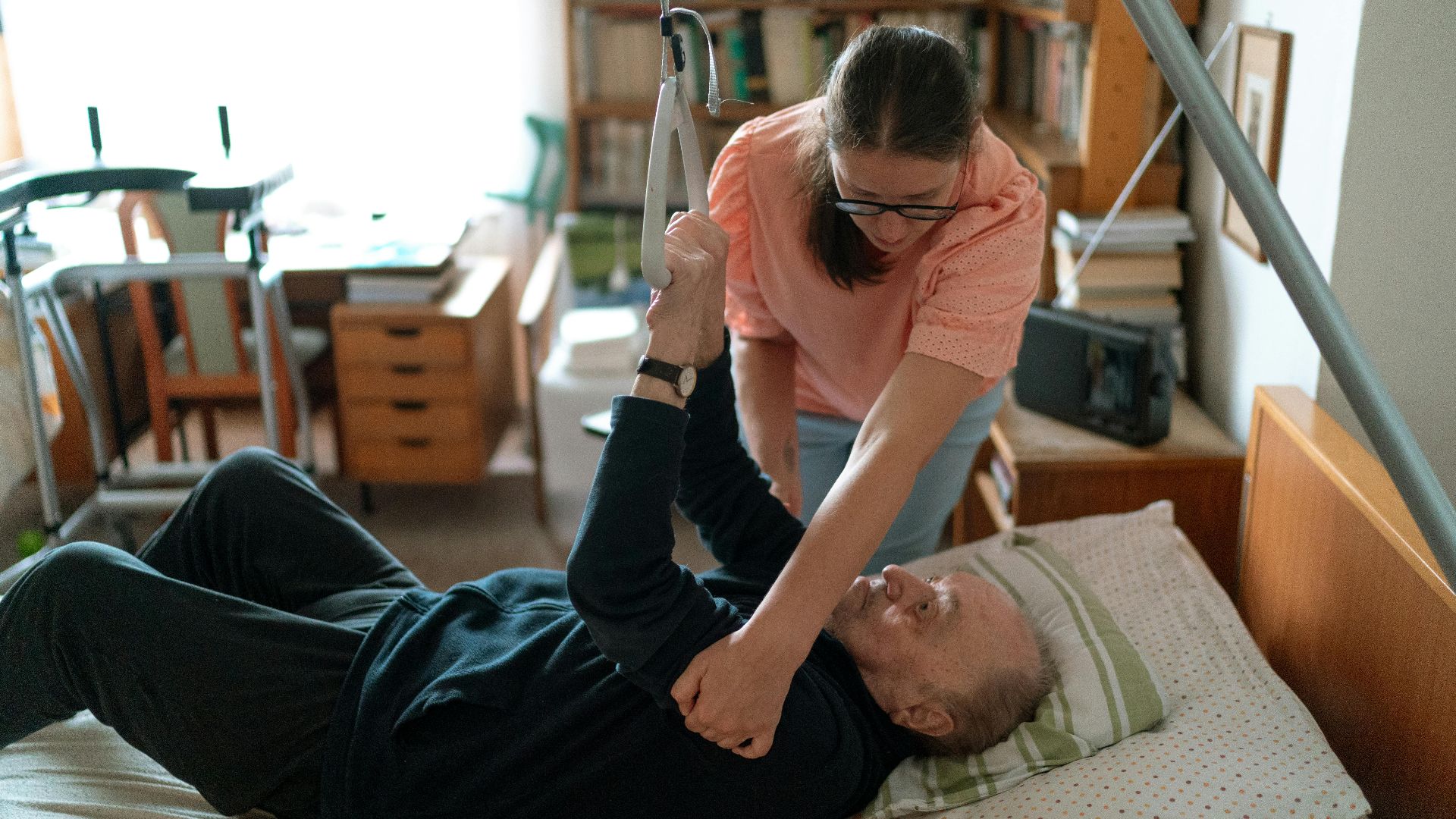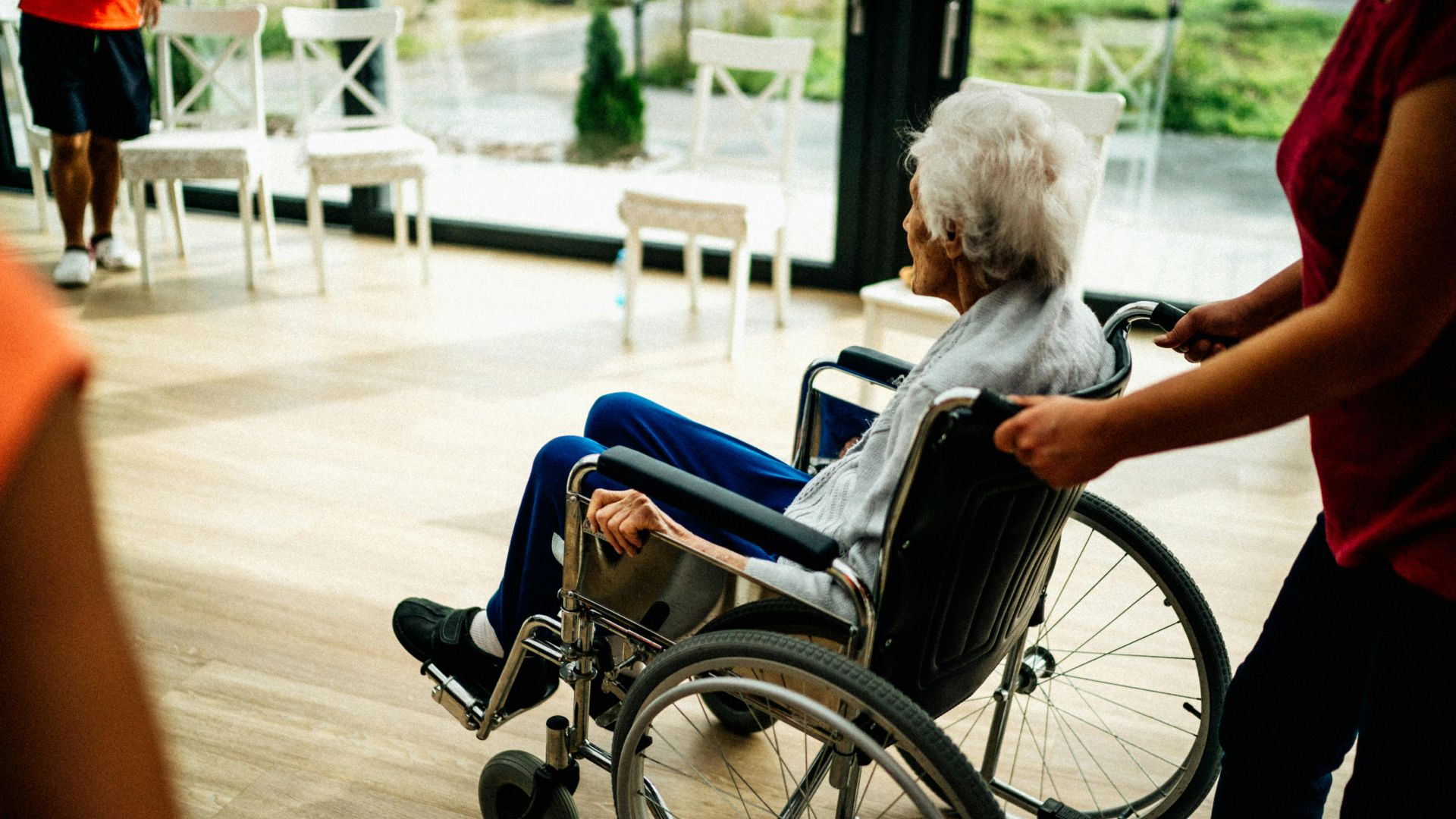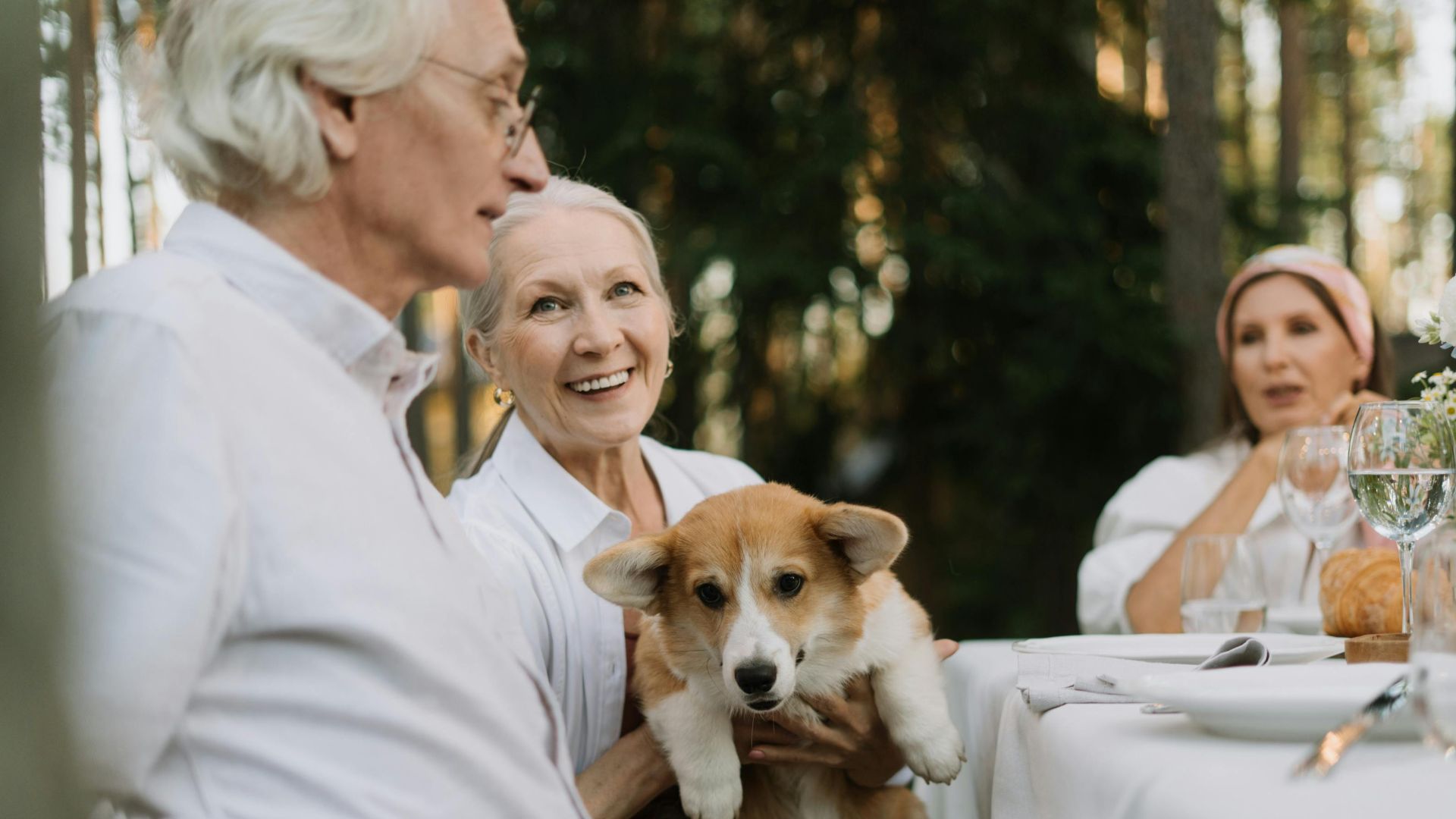The Senior Home Shuffle
Let's face it: moving into a senior home can be a mixed bag. Sure, there’s less yard work, but you might also find yourself missing your favorite armchair or that squeaky floorboard you secretly loved. It's a big decision to make and you should take the time to really think it through. So, first, let’s take a look at ten downsides that might turn you off before moving on to 10 perks that you should seriously consider.
1. Limited Personal Space
In many senior homes, the space available for each resident is often smaller than what they might be used to. Tight quarters can make it difficult to keep personal items or establish a private sanctuary. So, consider how you’d feel with limited room to personalize your living area or enjoy quiet moments alone.
2. Lack Of Independence
Moving into a senior home means some loss of independence. You may need to rely on staff for basic activities, like getting to meals or managing personal care. Over time, this shift can be hard, especially if you've been used to managing everything yourself.
3. Potential For Isolation
While senior homes provide an opportunity to be around others, some residents still experience loneliness. The physical presence of people doesn’t always guarantee emotional connections. That’s why it is worth considering how easily you might connect with others.
4. Financial Strain
Senior homes can be pricey. Depending on the facility, costs range from $3,000 to $10,000 per month, which can create a significant financial burden. Many families are surprised by these fees, which can outpace retirement savings.
5. Quality Of Care Varies
Not all senior homes provide the same standard of care. Some facilities may not have the trained staff needed to cater to specific conditions. It's essential to research reviews and tour the facilities to make sure they meet the necessary care standards before making any decisions.
6. Difficulty Adjusting
For many seniors, moving into a home can feel like an overwhelming life change. The emotional adjustment is often underappreciated. Over time, you might experience a mix of emotions, from sadness to relief. Keeping an open mind about these changes can help ease the transition.
7. Limited Customization Of Meals
Meal plans are often predetermined and can feel repetitive. While they cater to dietary needs, the lack of customization may leave you longing for more variety or control over your meals. If you enjoy experimenting with food or have specific culinary preferences, this may feel like a limitation.
8. Risk Of Abuse Or Neglect
Unfortunately, some homes face accusations of abuse or neglect. Residents who rely on staff for daily care may not always have a voice when something goes wrong. It’s a risk worth considering when choosing a facility.
9. Noise And Crowded Spaces
Despite being designed for older adults, these homes can sometimes feel like bustling cities. Noise levels, from the sounds of staff moving through halls to the chatter of fellow residents, can disrupt daily life. Moreover, such a constant hum of activity can be overwhelming.
10. Restricted Access To Family
Visiting hours can sometimes feel rigid, limiting the time you get to spend with family. Even though regular visits are encouraged, there might be rules about how and when visitors can come. Hence, it’s important to check how flexible the visitation policies are before making a decision.
Now, let’s flip the coin and look at ten perks that might make you smile.
1. 24/7 Healthcare Support
One of the standout advantages of senior living is round-the-clock healthcare. Whether it’s a medical emergency or a simple check-up, having healthcare professionals on-site provides peace of mind. You’ll never have to worry about waiting for an appointment or handling health concerns on your own.
2. Access To Activities And Events
A senior home is never short on activities designed to keep residents active and engaged. Whether it’s a movie night, a trivia quiz, or an art class, these events cater to a variety of interests. These gatherings also act as natural conversation starters, helping to keep minds sharp.
3. Housekeeping
Gone are the days of worrying about cleaning floors or scrubbing the toilet. Senior homes take care of housekeeping, freeing up your time to focus on far more enjoyable things. This hands-off approach can feel like a relief, especially if you’ve spent years handling it all yourself.
4. Security And Safety
Safety is a top priority in senior homes. With trained staff available 24/7, security systems in place, and medical monitoring devices, your well-being is closely guarded. It can make families feel comfortable knowing that their loved ones are protected from accidents or emergencies.
5. Structured Routine
The structured environment in a senior home can be highly beneficial. Having a daily schedule that includes meals, activities, and rest time helps promote stability. Seniors often find comfort in routines, as it reduces stress and helps them maintain a sense of normalcy and control over their day-to-day lives.
6. Maintenance-Free Living
One of the biggest perks of senior home living is the lack of maintenance. From lawn care to fixing broken appliances, you’re free from the responsibility of home upkeep. This freedom allows you to focus on more enjoyable aspects of life without the worries of home maintenance hanging over you.
7. On-Site Fitness Facilities
Nowadays, many homes now include fitness centers or dedicated spaces for exercise classes. Such tailored programs cater specifically to older adults, providing low-impact workouts designed to improve strength, flexibility, and overall well-being. It’s a great way to stay active, even as you age.
8. Personalized Care Plans
Forget one-size-fits-all—your care is customized to fit your needs, from helping with tasks to managing health conditions. This personalized approach ensures you’re always well taken care of, making life smoother and more comfortable.
9. Transportation Services
No need to stress about how to get around! Many senior homes provide transportation services to take you wherever you need to go—doctor’s appointments or even fun outings. It’s like having your own personal chauffeur.
10. Pet-Friendly Environments
Some senior homes welcome pets, offering a comforting presence for residents. Pets provide companionship and boost mental health. For many seniors, the ability to bring a pet along can make the transition to senior home life much easier.



